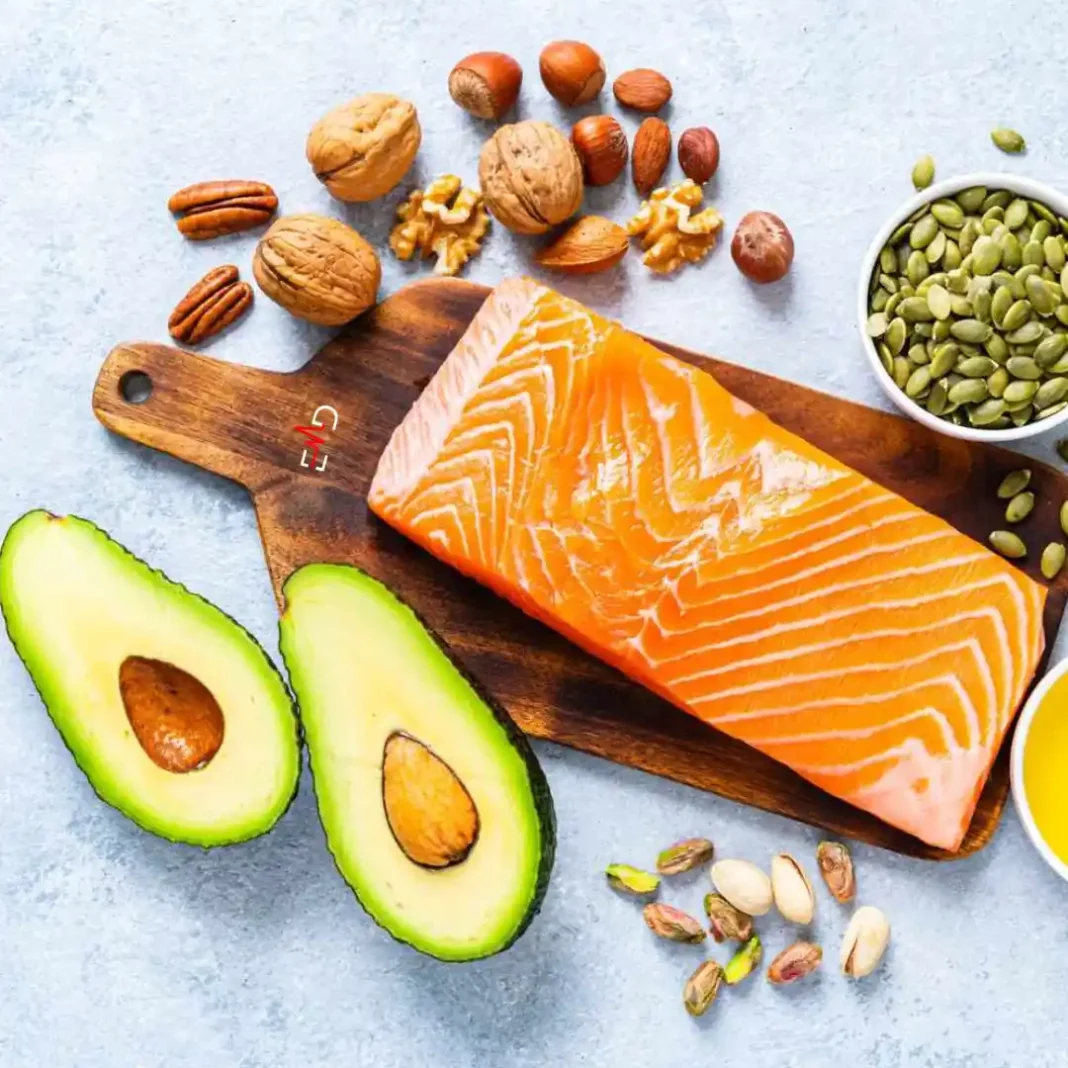Exercise Daily – Inflammation is a crucial bodily process, acting as the body’s defense mechanism against injury and infection. However, when inflammation becomes chronic, it can lead to a host of health problems, including heart disease, diabetes, and arthritis. Incorporating natural anti-inflammatory foods into your diet can help manage and reduce chronic inflammation, promoting overall health and well-being. let’s explore inflammation, why an anti-inflammatory diet matters, and the top foods you should include and avoid to maintain a healthy inflammatory response.
Natural anti-inflammatory foods enhance athletes’ health by promoting recovery, reducing muscle soreness, and optimizing performance. These foods, such as fatty fish (rich in omega-3 fatty acids), turmeric (curcumin), berries (high in antioxidants), and leafy greens (packed with vitamins and minerals), help counteract the oxidative stress and inflammation caused by intense physical activity. By integrating such foods into their diet, athletes can improve joint health, support immune function, and maintain energy levels, reducing the risk of injuries and chronic conditions. Additionally, these foods provide essential nutrients that aid in muscle repair and overall physical resilience, enabling athletes to perform at their peak consistently.
What is Inflammation, and Why Should You Care?
Inflammation is the body’s natural response to harmful stimuli such as pathogens, damaged cells, or irritants. It is a vital part of the immune system’s healing process. When you get a cut, for example, inflammation helps to isolate the affected area. It initiates healing by increasing blood flow and bringing immune cells to the injury site. Understanding the balance between acute and chronic inflammation is crucial for maintaining health. While acute inflammation is protective, chronic inflammation can be detrimental, underscoring the importance of managing inflammation through lifestyle choices, including diet.
Why an Anti-Inflammatory Diet Matters
Diet plays a significant role in regulating inflammation within the body. Modern diets often include processed foods, excessive sugars, and unhealthy fats, which can promote inflammation. Conversely, an anti-inflammatory diet emphasizes whole, nutrient-dense foods that help reduce inflammation and support overall health.
Impact of Diet on Inflammation
Research has shown that certain dietary patterns can either exacerbate or alleviate inflammation. Diets high in refined carbohydrates, fried foods, sugary beverages, and red meat are associated with increased inflammatory markers. On the other hand, diets rich in fruits, vegetables, whole grains, healthy fats, and lean proteins are linked to lower levels of inflammation.
The Connection Between Diet and Inflammation
The types of foods you consume can influence the body’s inflammatory processes. For example, omega-3 fatty acids found in fatty fish have anti-inflammatory properties, while trans fats found in processed foods can trigger inflammation. Choosing the right foods can modulate your body’s inflammatory response and promote better health outcomes.
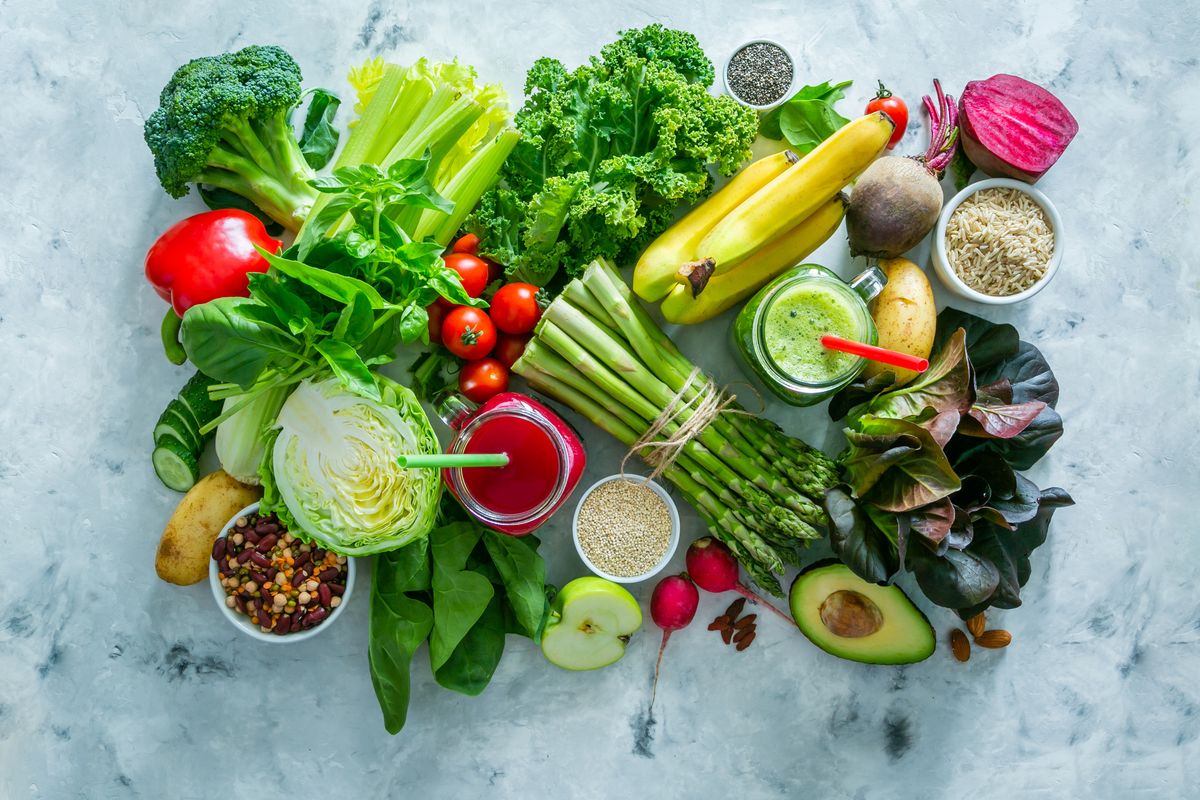
Top Natural Anti-Inflammatory Foods to Include
Incorporating specific foods into your diet can naturally reduce inflammation, supporting better health and wellness. Below are some of the best anti-inflammatory foods to consider adding to your meals.
Fruits and Vegetables Rich in Antioxidants
Fruits and vegetables are powerhouse sources of antioxidants, which help combat inflammation by neutralizing free radicals and unstable molecules that can damage cells and tissues.
Berries
Berries, including strawberries, blueberries, raspberries, and blackberries, are exceptionally high in antioxidants like anthocyanins, which have potent anti-inflammatory effects. These fruits also contain vitamins C and E, which further aid in reducing inflammation and protecting against oxidative stress.
Health Benefits of Berries:
- Strawberries: High in vitamin C, manganese, and fiber, strawberries help reduce inflammatory markers and improve heart health.
- Blueberries: Rich in antioxidants and phytonutrients, blueberries support brain health and may improve memory.
- Raspberries: Contain quercetin and other flavonoids that help lower inflammation and support immune function.
- Blackberries: Packed with vitamins and antioxidants, blackberries contribute to overall cellular health and reduce inflammation.
Incorporate berries into your diet by adding them to smoothies, oatmeal, and salads or enjoying them as a healthy snack.
Leafy Greens
Leafy greens such as spinach, kale, Swiss chard, and collard greens are nutrient-dense and low in calories. They are rich in vitamins A, C, and K, as well as minerals like magnesium and calcium, all of which play a role in reducing inflammation.
Health Benefits of Leafy Greens:
- Spinach: Contains lutein, an antioxidant that helps protect against inflammation and oxidative stress.
- Kale: High in vitamins K, A, and C, kale supports immune function and reduces inflammatory markers.
- Swiss Chard: Provides magnesium and potassium, which help regulate blood pressure and reduce inflammation.
- Collard Greens: Rich in fiber and antioxidants, collard greens support digestive health and lower inflammation.
To maximize the benefits, include a variety of leafy greens in your daily meals, whether in salads, smoothies, soups, or as side dishes.
Broccoli
Broccoli is a cruciferous vegetable with an impressive array of nutrients, including vitamins C and K, fiber, and folate. One of its standout compounds is sulforaphane, which has been shown to possess powerful anti-inflammatory properties.
Health Benefits of Broccoli:
- Sulforaphane: This compound helps reduce inflammation by inhibiting pro-inflammatory enzymes and supporting the body’s detoxification processes.
- Fiber: Promotes a healthy gut microbiome, crucial for regulating inflammation.
- Vitamins and Minerals: Supports overall cellular health and immune function.
Incorporate broccoli into your diet by steaming, roasting, or adding it to stir-fries, salads, and casseroles.
Healthy Fats for Fighting Inflammation
Healthy fats play a crucial role in an anti-inflammatory diet. They help reduce inflammation and support heart and brain health, making them essential to a balanced diet.
Olive Oil
Extra-virgin olive oil is a cornerstone of the Mediterranean diet and is renowned for its anti-inflammatory properties. It is rich in oleic acid, a monounsaturated fat that helps reduce inflammatory markers in the body.
Health Benefits of Olive Oil:
- Oleic Acid: Helps decrease inflammation and is associated with reduced risk of heart disease.
- Polyphenols: Antioxidant compounds that combat oxidative stress and inflammation.
- Heart Health: Regular consumption of olive oil is linked to lower blood pressure and improved cholesterol levels.
Use olive oil as a primary cooking oil, in salad dressings, or drizzled over vegetables and grains to reap its anti-inflammatory benefits.
Avocado
Avocados are nutrient-dense fruits loaded with monounsaturated fats, fiber, and a variety of vitamins and minerals. They are particularly effective in reducing inflammation and supporting overall health.
Health Benefits of Avocado:
- Monounsaturated Fats Help lower bad cholesterol levels and reduce inflammation.
- Antioxidants: Contain vitamins E and C, which protect against oxidative stress.
- Fiber: Promotes a healthy digestive system, essential for managing inflammation.
Enjoy avocados in salads, on toast, in smoothies, or as a creamy addition to various dishes to take advantage of their anti-inflammatory properties.
Nuts and Seeds
Nuts and seeds, such as almonds, walnuts, chia seeds, and flaxseeds, are excellent healthy fats, protein, and fiber sources. They are particularly rich in omega-3 fatty acids, known for their anti-inflammatory effects.
Health Benefits of Nuts and Seeds:
- Omega-3 Fatty Acids: Reduce the production of inflammatory molecules and protect against chronic inflammation.
- Antioxidants: Help neutralize free radicals and reduce oxidative stress.
- Protein and Fiber: Support satiety and maintain a healthy weight, which is important for managing inflammation.
Incorporate nuts and seeds into your diet by adding them to yogurt, oatmeal, and salads or enjoying them as a healthy snack.
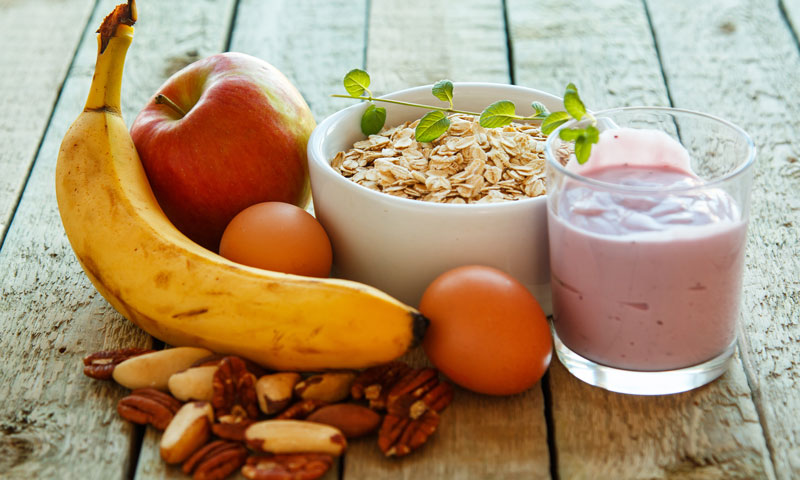
Powerful Spices to Reduce Inflammation
Spices enhance the flavor of your meals and offer significant health benefits, particularly in reducing inflammation. Adding these spices to your diet can provide both taste and therapeutic advantages.
Turmeric
Turmeric is a vibrant yellow spice commonly used in curries and other dishes. Its active compound, curcumin, has potent anti-inflammatory and antioxidant properties.
Health Benefits of Turmeric:
- Curcumin: Inhibits inflammatory pathways and reduces the production of inflammatory cytokines.
- Antioxidant Effects: Neutralizes free radicals, protecting cells from damage.
- Joint Health: Helps alleviate symptoms of arthritis and other inflammatory joint conditions.
To maximize curcumin absorption, combine turmeric with black pepper and healthy fats. Add turmeric to soups, stews, rice dishes, or make a golden milk latte for a flavorful and health-boosting beverage.
Ginger
Ginger is a versatile spice known for its warming flavor and medicinal properties. It has been used for centuries to treat various ailments, particularly inflammation-related.
Health Benefits of Ginger:
- Gingerol: The active compound in ginger that reduces inflammation by inhibiting the production of pro-inflammatory molecules.
- Digestive Health: Helps reduce nausea and improve digestion, which can indirectly support inflammation management.
- Pain Relief: Effective in alleviating muscle pain and soreness.
Incorporate ginger into your diet by adding fresh ginger to smoothies, teas, stir-fries, or baking it into cookies and other treats.
Foods to Avoid to Reduce Inflammation
While including anti-inflammatory foods is crucial, avoiding certain foods that trigger inflammation is equally important. These foods often contain ingredients that can exacerbate inflammation and contribute to chronic health issues.
Processed and Fried Foods
Processed and fried foods are typically high in unhealthy fats, refined carbohydrates, and additives that can promote inflammation. These foods are often low in essential nutrients and high in calories, contributing to weight gain and other health problems.
Why to Avoid Processed and Fried Foods:
- Trans Fats: In many fried and processed foods, trans fats increase inflammation and the risk of heart disease.
- Refined Carbohydrates Lead to spikes in blood sugar levels, promoting inflammation and insulin resistance.
- Additives and Preservatives: These can trigger inflammatory responses and negatively impact gut health.
Healthy Alternatives:
- Opt for baked, grilled, or steamed versions of your favorite foods instead of fried.
- Choose whole, unprocessed foods like fruits, vegetables, whole grains, and lean proteins.
- Prepare homemade meals using fresh ingredients to control what goes into your food.
Sugary Drinks and Desserts
Excessive sugar intake is a major contributor to inflammation. Sugary drinks and desserts, such as sodas, candies, and pastries, can lead to elevated blood sugar levels and increased production of inflammatory markers.
Why to Avoid Sugary Drinks and Desserts:
- High Glycemic Index: Causes rapid blood sugar and insulin spikes, triggering inflammatory responses.
- Empty Calories: Provide little to no nutritional value, contributing to weight gain and obesity, which are linked to chronic inflammation.
- Increased Risk of Chronic Diseases: High sugar consumption is associated with a higher risk of developing heart disease, diabetes, and other inflammatory conditions.
Healthy Alternatives:
- Replace sugary beverages with water, herbal teas, or infused water with fruits and herbs.
- Choose natural sweeteners like honey or maple syrup in moderation.
- Satisfy your sweet tooth with whole fruits or desserts made with healthier ingredients like nuts and whole grains.
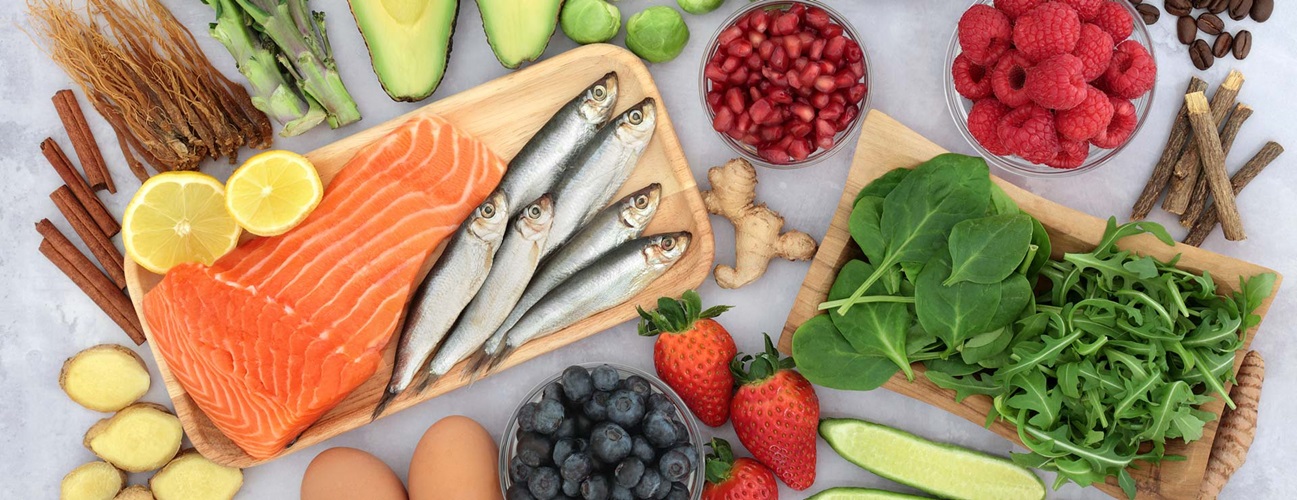
Benefits of an Anti-Inflammatory Diet
Embracing an anti-inflammatory diet offers a multitude of benefits that extend beyond just reducing inflammation. This dietary approach can enhance overall health, improve quality of life, and provide protection against various chronic diseases.
Reduces Risk of Chronic Diseases
Chronic inflammation is a common underlying factor in many serious health conditions. By maintaining a diet that minimizes inflammation, you can significantly lower your risk of developing:
- Heart Disease: Inflammation contributes to the buildup of plaque in arteries, leading to atherosclerosis and increasing the risk of heart attacks and strokes.
- Type 2 Diabetes: Chronic inflammation can impair insulin sensitivity, leading to elevated blood sugar levels and the development of diabetes.
- Arthritis: Inflammatory processes can cause joint pain and damage, characteristic of arthritis and other musculoskeletal conditions.
- Certain Cancers: Inflammation can promote the growth and spread of cancer cells, making it a risk factor for various types of cancer.
By reducing inflammation through diet, you can protect your body against these life-threatening diseases and promote long-term health.
Improves Mental Health
There is a growing body of evidence linking chronic inflammation to mental health disorders such as depression, anxiety, and cognitive decline. Inflammation can affect brain function and neurotransmitter activity, impacting mood and cognitive processes.
How an Anti-Inflammatory Diet Helps:
- Mood Regulation: Anti-inflammatory foods can help balance neurotransmitters like serotonin and dopamine, essential for mood regulation.
- Cognitive Function: Reducing inflammation supports brain health, potentially improving memory, focus, and overall cognitive performance.
- Stress Reduction: A balanced diet rich in anti-inflammatory nutrients can help the body better manage stress, a known trigger for inflammation.
Incorporating anti-inflammatory foods into your diet can thus have profound effects on your mental well-being, enhancing both emotional and cognitive health.
Enhances Immune Function
A well-regulated immune system is crucial for defending against infections and diseases. Chronic inflammation can disrupt the immune balance, leading to autoimmune conditions where the body attacks its own tissues.
Benefits of an Anti-Inflammatory Diet on Immune Function:
- Balanced Immune Response: Anti-inflammatory foods help modulate immune activity, preventing overreactions that can lead to autoimmunity.
- Nutrient Support: Essential vitamins and minerals in anti-inflammatory foods bolster the immune system, enhancing its ability to fight pathogens.
- Gut Health: A healthy gut microbiome, supported by anti-inflammatory foods, plays a significant role in maintaining immune health.
By reducing chronic inflammation, an anti-inflammatory diet supports a robust and balanced immune system, improving your ability to stay healthy and resist infections.
Better Weight Management
Maintaining a healthy weight is vital for overall health and reducing the risk of chronic diseases. An anti-inflammatory diet, rich in nutrient-dense foods and low in processed items, naturally supports weight management.
How an Anti-Inflammatory Diet Aids Weight Management:
- Satiety: High-fiber foods and healthy fats promote feelings of fullness, reducing overall calorie intake.
- Metabolic Health: Anti-inflammatory foods support efficient metabolism, aiding in weight loss and maintenance.
- Reduced Cravings: Balanced blood sugar levels and stable energy from anti-inflammatory foods help minimize cravings for unhealthy snacks.
By following an anti-inflammatory diet, you can achieve and maintain a healthy weight, reducing inflammation and enhancing your overall health.
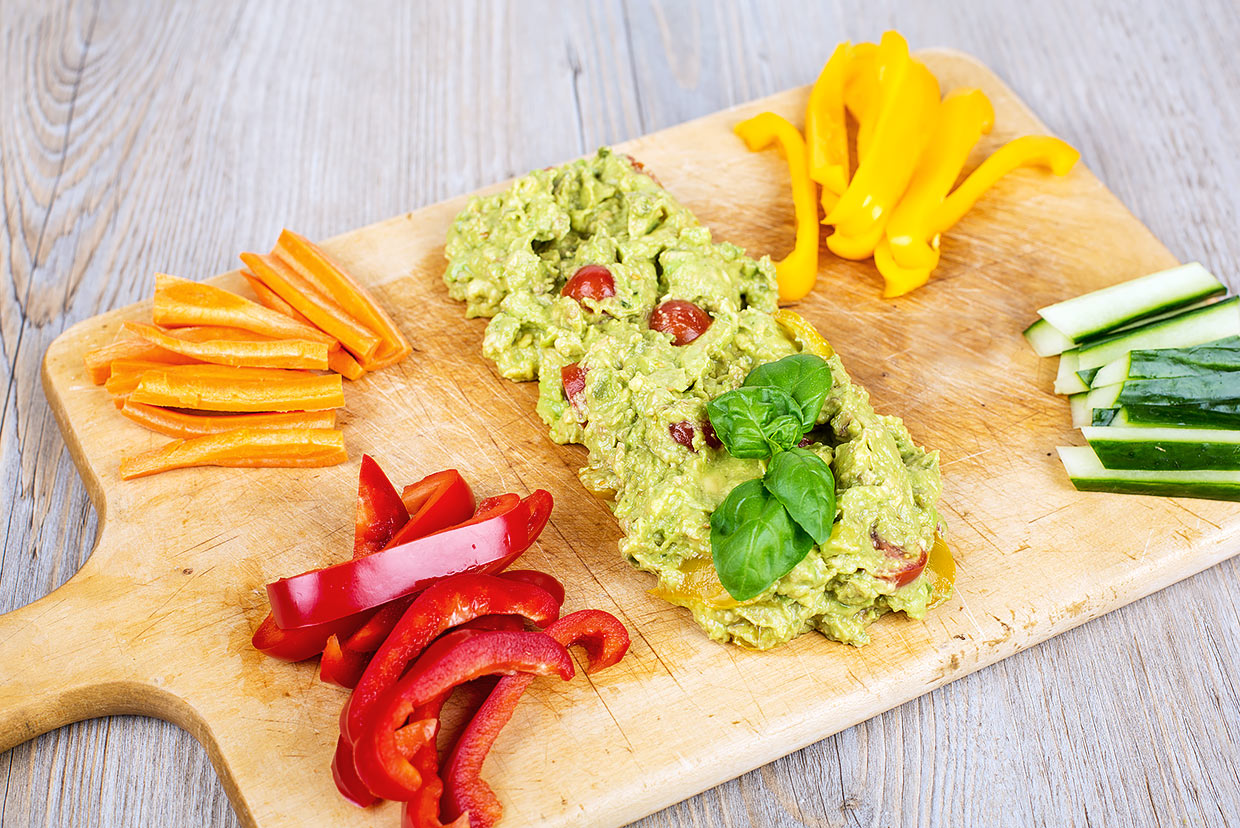
Final Thoughts
Adopting an anti-inflammatory diet is a powerful and natural way to protect your health and prevent chronic diseases. Focusing on whole, nutrient-dense foods and minimizing processed and inflammatory triggers can significantly reduce chronic inflammation and enhance your overall well-being. Remember to approach dietary changes gradually, listen to your body, and seek professional advice to ensure a balanced and sustainable approach. With dedication and mindful choices, you can harness the healing power of food to improve your quality of life and achieve lasting health benefits.
FAQs – Natural Anti-Inflammatory Foods You Should Include in Your Diet
Q: What foods are naturally anti-inflammatory?
A: Naturally anti-inflammatory foods include a variety of fruits, vegetables, whole grains, healthy fats, and lean proteins. Some key examples are:
- Fruits: Berries (strawberries, blueberries, raspberries), cherries, oranges, and apples.
- Vegetables: Leafy greens (spinach, kale), broccoli, and peppers.
- Healthy Fats: Olive oil, avocados, and nuts (almonds, walnuts).
- Spices: Turmeric and ginger.
- Whole Grains: Brown rice, quinoa, and oats.
- Lean Proteins: Fatty fish (salmon, mackerel), and legumes.
Incorporating these foods into your diet can help reduce inflammation and promote overall health.
Q: Can an anti-inflammatory diet help with arthritis?
A: Yes, many individuals with arthritis experience relief from symptoms by following an anti-inflammatory diet. Foods rich in omega-3 fatty acids, antioxidants, and fiber can help reduce joint inflammation and pain. For example, consuming fatty fish like salmon, incorporating berries and leafy greens, and using anti-inflammatory spices like turmeric can alleviate arthritis symptoms. However, consulting with a healthcare provider to tailor dietary changes to your specific needs is essential.
Q: How long does it take to see benefits from an anti-inflammatory diet?
A: Many people notice improvements within a few weeks, but the timeline can vary depending on individual health conditions, the severity of inflammation, and dietary consistency. Some individuals may experience reduced pain and increased energy levels relatively quickly, while others might take longer to see significant changes. Consistently adhering to an anti-inflammatory diet is key to achieving and maintaining its health benefits over time.
Q: Are there any risks to an anti-inflammatory diet?
A: Generally, an anti-inflammatory diet is safe and beneficial for most people. However, there are potential risks to consider:
- Allergic Reactions: Some anti-inflammatory foods like nuts, seeds, and certain fruits can cause allergies in sensitive individuals.
- Nutrient Imbalances: If not properly balanced, an anti-inflammatory diet might lead to deficiencies in certain nutrients, especially if specific food groups are excluded.
- Digestive Issues: Increasing fiber intake rapidly can cause digestive discomfort for some people.
It’s advisable to introduce dietary changes gradually and consult with a healthcare provider or a registered dietitian, especially if you have existing health conditions or dietary restrictions.
Q: Can I follow an anti-inflammatory diet if I’m vegan?
A: Absolutely! Many anti-inflammatory foods are plant-based and suitable for a vegan diet. Vegans can benefit from various fruits, vegetables, whole grains, nuts, seeds, legumes, and healthy plant-based fats. Key anti-inflammatory vegan foods include:
- Fruits: Berries, apples, and citrus fruits.
- Vegetables: Leafy greens, broccoli, and sweet potatoes.
- Healthy Fats: Avocados, olive oil, and flaxseeds.
- Legumes: Lentils, chickpeas, and black beans.
- Whole Grains: Quinoa, brown rice, and oats.
- Spices: Turmeric, ginger, and garlic.
Vegans can effectively follow an anti-inflammatory diet and enjoy its health benefits by focusing on these plant-based options.

